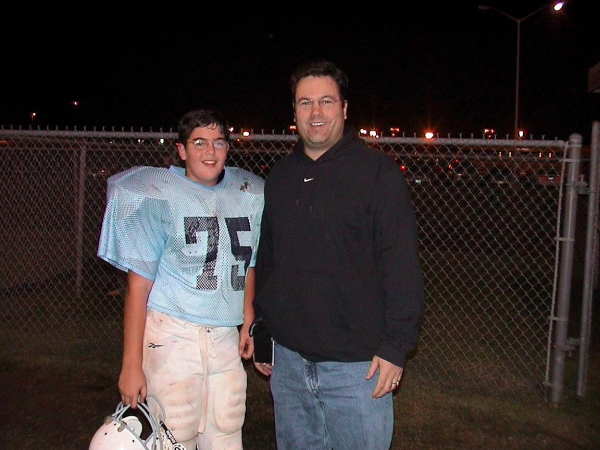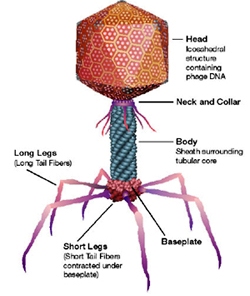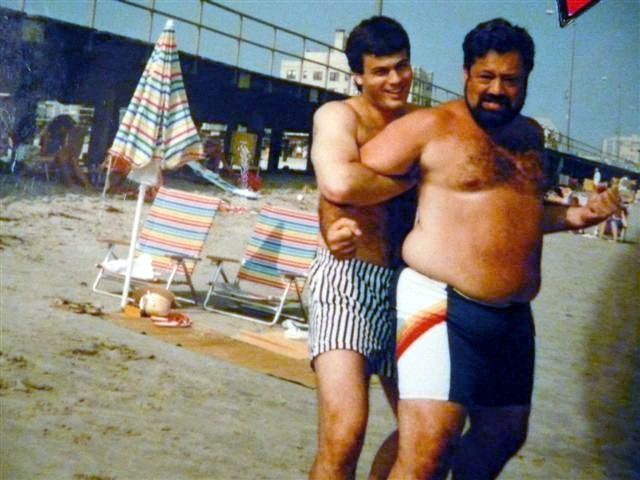Last week, I started getting “Happy Work Anniversary!” messages on LinkedIn ... and I was a bit confused because people kept mentioning 24 years.
Twenty-four years ... That can’t be right. Can it?
For context, here’s what I looked like around that time.

My eldest son (who’s now married with a baby) was in middle school. I was just out of the events I described in my TEDx talk.
However, depending on your definition, the 24th anniversary can be true or false. Legally, the Capitalogix that exists today is distinct from the initial iteration. Additionally, the company has expanded, its direction has shifted, and what was once a one-person operation has grown into a team of over 20 individuals focused on advancing and commercializing the field of Artificial Intelligence through something we call Amplified Intelligence (which is the ability to make better decisions, take smarter actions, and continually improve performance).
Thinking back on the effort, the ideas, the people, the inventions, and even the purpose ... in some respects, it feels like change is the only constant. However, there are certain things that remain unchanged. It is by observing these unaltered elements that you can truly understand the essence of the thing itself.
It reminds me of the Ship of Theseus (also known as Theseus’ Paradox), which is a philosophical thought experiment that poses the question of whether an object that has had all of its parts replaced is still considered to be the same object. It raises issues of identity, continuity, and change over time. The concept can be applied to physical objects, living organisms, and even organizations or businesses. It challenges our understanding of what it means for something to be fundamentally the same, and if an object can remain unchanged despite undergoing significant changes over time.
The name “Capitalogix” originated in 2000, and a surprising amount of the original “North Star” purpose still exists. Looking back at my early notes and plans, I’m surprised by how much holds up despite 20+ years of passing ... but almost all of it has needed some course correction to adjust to changing tides.
Regardless, it’s staggering to think about how long I’ve worked in A.I. (since 1991, when it was hard to spell A.I.) and how far we’ve come.
If I had known how difficult it was going to be at the beginning, I would have probably never pursued it. However, after experiencing the challenges and realizing how hard it is to make meaningful progress, I feel better that I did. This is because I now know that we didn’t just create a competitive advantage – we learned how to create a sustainable competitive advantage.
It’s easy for people to focus on a capability; it’s another to make it industrial-grade, robust, reliable, and able to work in challenging conditions.
They say that things that don’t kill you make you stronger. It’s true for people, but it’s also true for technologies.
Life (and Business) constantly expose us to conditions and opportunities that lead to new beginnings and evolutionary growth.
As I write this, I see it at Capitalogix as we pursue new possibilities and probabilities.
We didn’t come this far — just to come this far!
What about you?
Onwards!


The Jobs Most Impacted By AI
As we talk about the proliferation of AI, it's probably helpful to see where it's predicted to have the most impact.
These results come from a World Economic Forum report.
In context, large impact refers to full automation or significant alteration. Small impact refers to less disruptive changes.
IT and finance have the highest share of tasks expected to be "largely" impacted by AI ... which is unsurprising.
We've also already seen the impact of LLM and generative AI on customer service and customer care. As these tools improve, more cases will be able to be fully handled by AI.
This chart isn't meant to make you feel afraid that your industry will be automated—it's meant to help you understand what tasks you should consider automating.
Posted at 05:16 PM in Business, Current Affairs, Gadgets, Healthy Lifestyle, Ideas, Market Commentary, Personal Development, Science, Trading Tools, Web/Tech | Permalink | Comments (0)
Reblog (0)